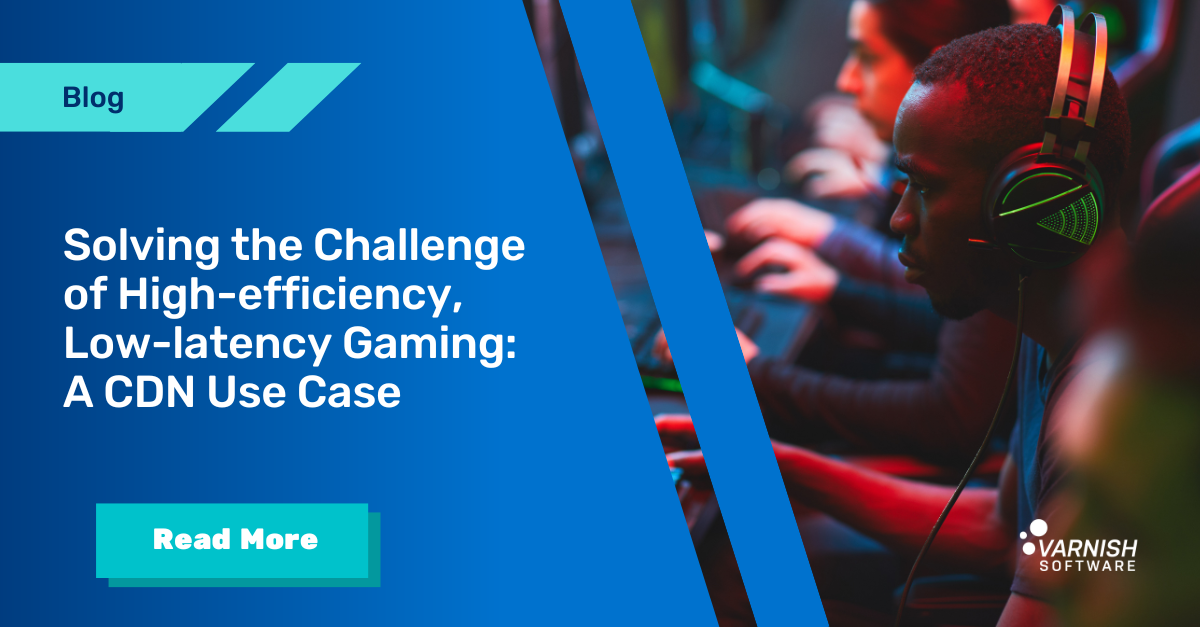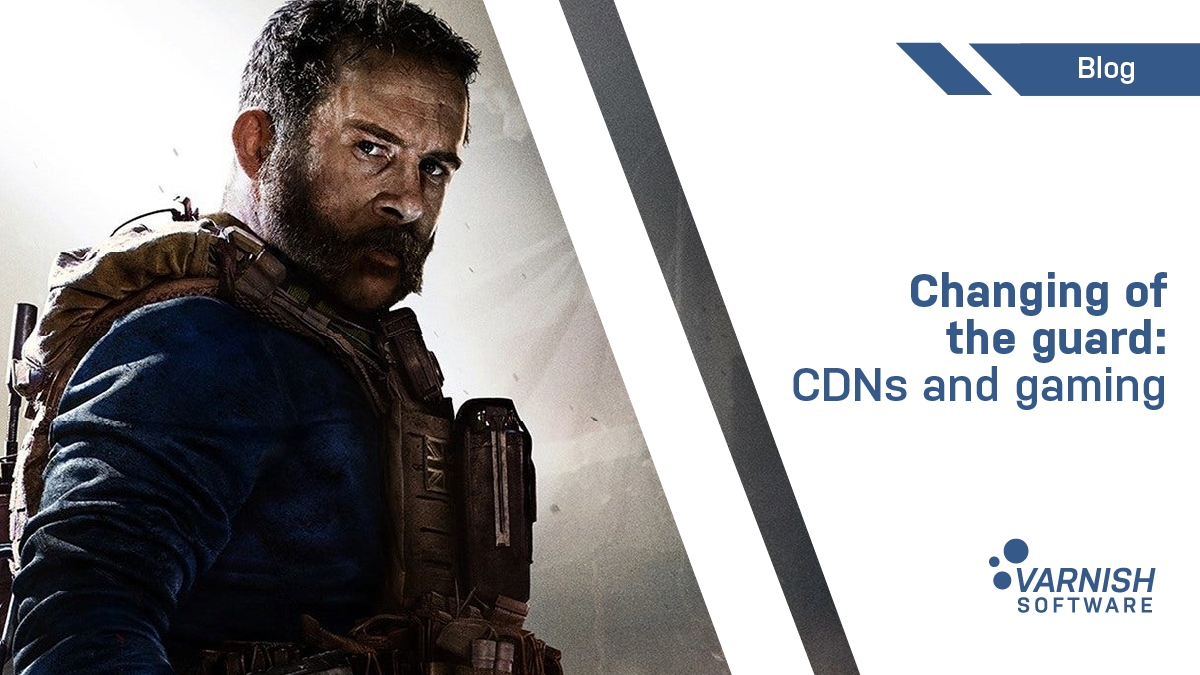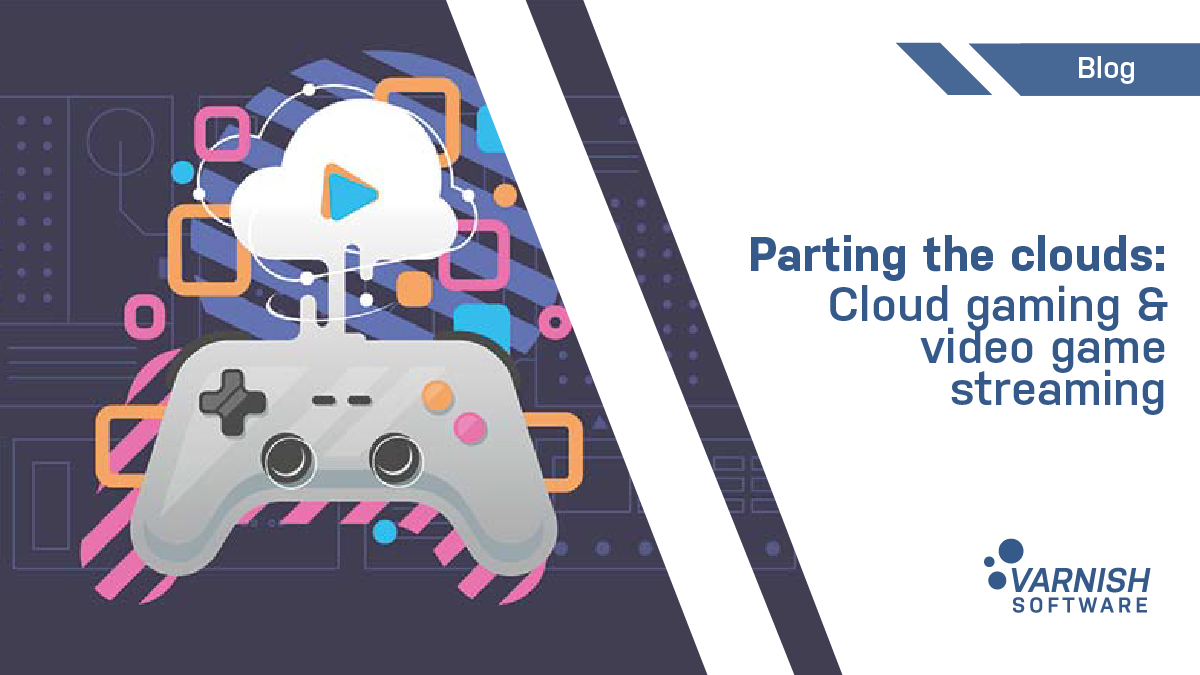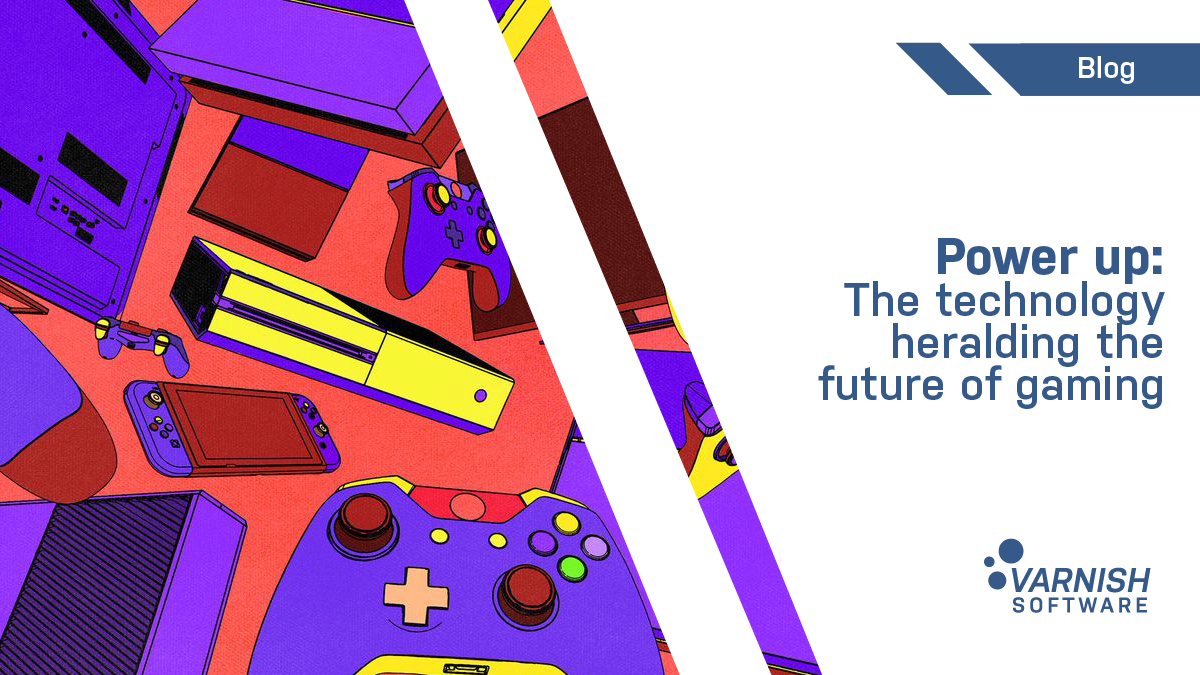Follow The Rabbit
CDN for gaming
Latest Articles
CDNs
Varnish High Availability
5G
low-latency
mobile edge computing
Gaming Trends
Gaming
Gaming CDN
CDN for gaming
PoPs
- Alexandra Lehner
- January 14, 2021
Game downloads and updates have become behemoth in size (e.g., 200GB for Call of Duty: Modern Warfare) and continue to...
- Miles Weaver
- December 14, 2020
There are a lot of ways to look at “cloud gaming” because much of gaming today doesn’t happen without an assist from...
tech predictions
multi-CDN
Gaming Community
multi-CDN Strategies
Gaming Trends
Twitch
Gaming
Gaming CDN
CDN for gaming
- Miles Weaver
- November 30, 2020
Gaming is more than just big business -- it has a reach, importance and influence that belies its once niche status....
SUBSCRIBE TO OUR BLOG
SEARCH OUR BLOG
Explore articles from Varnish experts on web performance, advanced caching techniques, CDN optimization and more, plus all the latest tips and insights for enhancing your content delivery operations.




